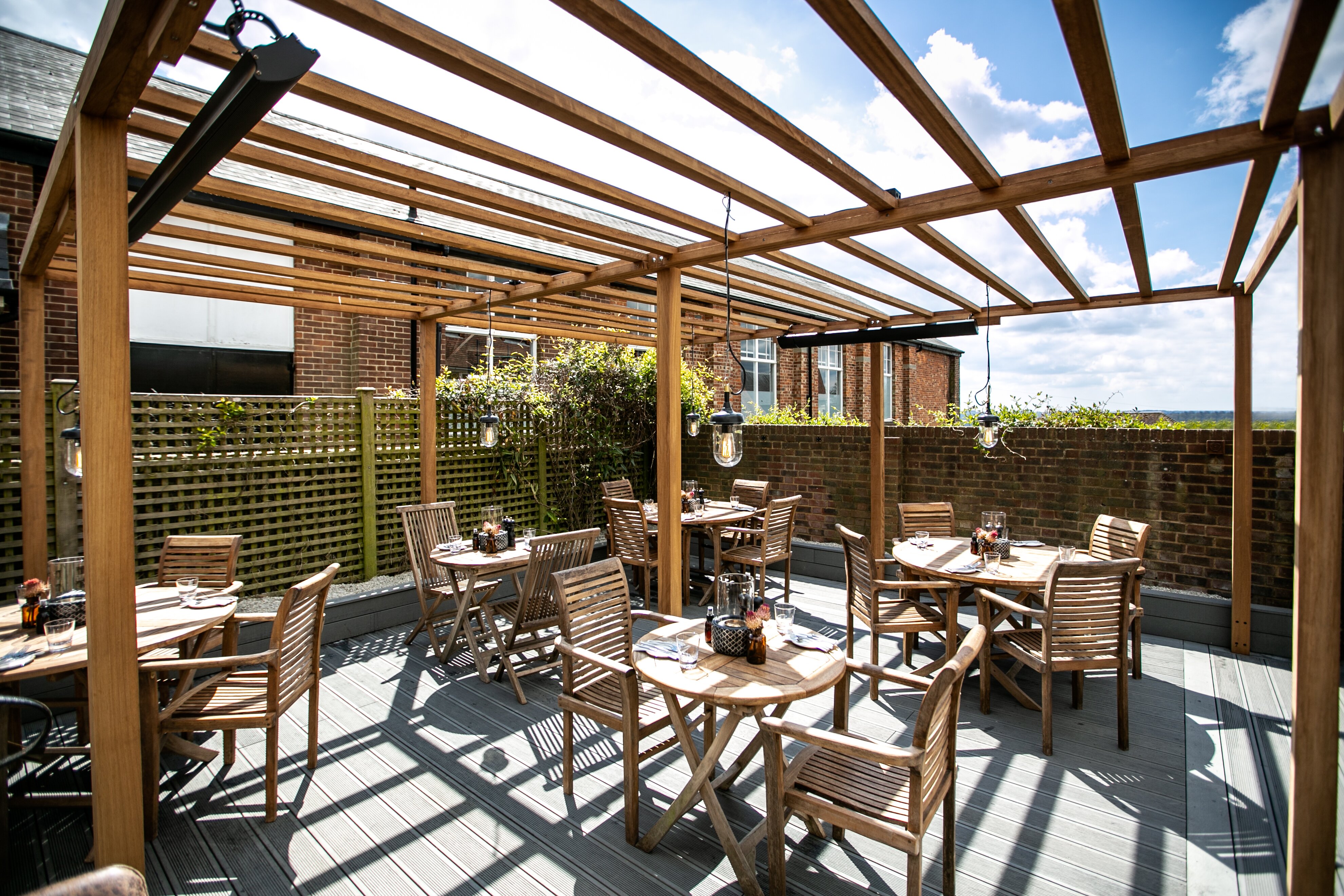Hospitality staff shortage: some restaurants unable to open while others cut trading hours
Some restaurants are still unable to open and others are having to reduce opening hours and menu sizes due to a lack of staff.
Operators have told The Caterer they are having to scale back what they can offer to reduce pressure on their teams.
Raz Helalat, owner of the Black Rock Group of restaurants in London and Brighton, said hospitality businesses were making “sacrifices” to keep trading.
“I know of some restaurants that only do 50 covers a night instead of 100 so they don’t burn out staff,” he said.
“Customers want to go out, but we haven’t got the staff. As a business owner you’ve got to think on your feet, keeping menus small and opening less hours.
“It doesn’t matter if you’ve got Michelin stars or are a café on the corner – it’s a national problem and every single restaurant is affected.”
This month two-Michelin-starred Le Gavroche in London’s Mayfair announced it was stopping lunch service due to a “major lack of well-trained hospitality professionals”.
Chef-patron Michel Roux Jr said the alternative was to overwork existing staff, which he was "not prepared to do".
The issue has meant some businesses cannot open at all. A.M Dupee has delayed the launch of his sushi restaurant Temaki in Brixton due to a shortage of good applicants. He said: “If places like Le Gavroche are having to close for lunch service, what chance do I have as a new small business? I can’t afford to overpay. I’ve tried everywhere and spent thousands of pounds trying to recruit.”
If places like Le Gavroche are having to close for lunch service, what chance do I have as a new small business?
Helalat added that he was short-staffed “on every level” at his Brighton restaurants the Salt Room and Coal Shed and was also struggling with a poor calibre of applicants. The Coal Shed in London Bridge has still not reopened due to problems with recruitment and delays to the construction of an outdoor terrace.
“Brighton and London are busy places and we’re getting applications from people who have no experience at all. It doesn’t help that some of the bigger brands can pay an extra few quid an hour, which all adds up.
“If wages go up, restaurants may have to put their prices up. If you cut opening hours too, you’re not going to make as much money.”
Change in mindset
Sam Maynard, owner of the Sussex Pass at the White Hart pub in Wadhurst, East Sussex, is only opening the restaurant four days a week while the pub is open seven.
The plan is to eventually open five days a week, but full-time staff will only work four in a bid to attract new recruits.

“The bigger impact is on the number of covers,” said Maynard. “We're having to limit what we’re doing. There are no agency chefs around as they’re all tied up in jobs. We can’t sacrifice the quality of what we’re serving [for more covers].”
Maynard, who also runs the Wheel Inn at Burwash in East Sussex, believes improving work-life balance in hospitality is key to solving the recruitment crisis. He has launched the #Shiftthemindset campaign to encourage better treatment of hospitality staff.
“I’ve been in the industry for a long time and often felt overworked and underpaid,” he said.
“The better chefs are looking for opportunities; I’ve spoken to some who say they’ll never go back to a five-day week. Young people come into the industry as teenagers and do 60-70 hours a week, get burnt out and go and do something else. We lose good young talent because of it.”
Helalat agrees that the focus is now on hospitality employers to attract recruits. “It’s going to be about what you can offer and other perks.
“It’s still a matter of survival. There is a pent-up demand but less staff, we need to think on this as a national problem.”
Image: Lopolo/shutterstock.com




















